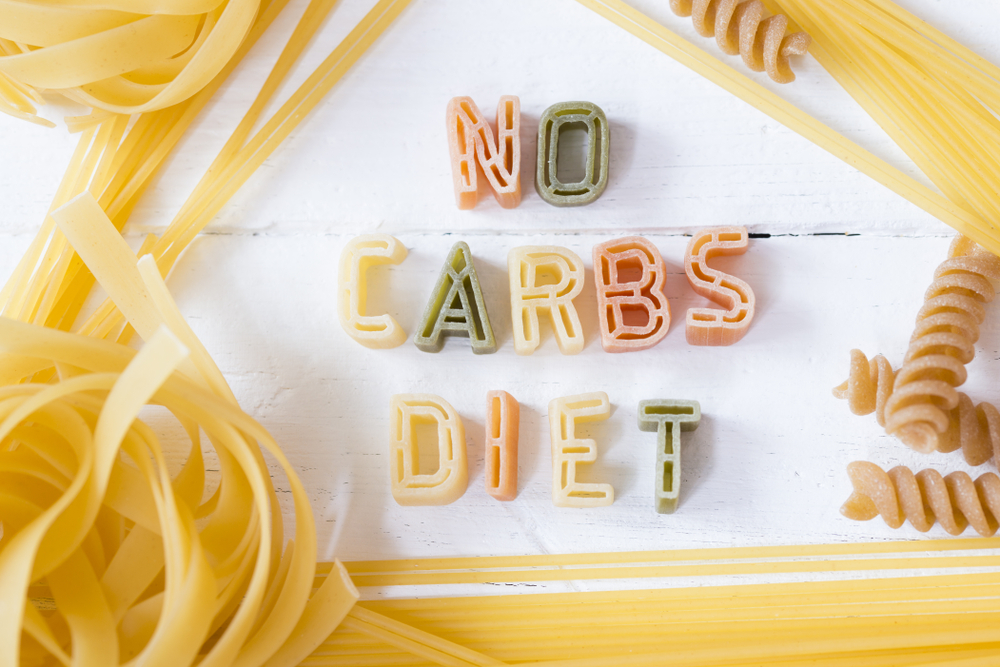Planning to lose weight? You may have done your research on the internet on how to lose weight and already have formulated a plan of attack. However, is your weight loss plan sustainable? Will you be able to lose the weight and keep it off?
We correct some popular myths about losing weight, recommend what else you can do to keep the weight off. Incorporate our tips into your weight loss plan, and see if they work for you!
What NOT to do to Lose Weight
1. Running, and just running

Running is one of the most popular activities that people start with when trying to lose weight. However, if you are running excessively in order to reach your goals faster, you may be putting your body at risk of injury from overuse.
As running is a high impact, repetitive sport, it is common for runners without proper coaching to get injured. If you are feeling joint pains, muscles that are constantly sore, muscle tightness, it could be a result of an excessive volume of running.
What you can do: Scale back on the running and incorporate other exercises, such as resistance training, stretching, or yoga, so you avoid over-working your body in the same way. This will help to prevent injury, so that you can keep active for years to come.
2. Relying on weight loss products

There are pills that doctors prescribe to quickly bring down the weight of a morbidly obese patient, such as a patient with a BMI over 30. However, because these drugs often have side effects, they are prescribed with caution and only in extreme cases when other health issues may prove more fatal if they remain obese.
Some over-the-counter products may come with side effects, or even contain dangerous banned substances. Other weight-loss products like diuretics may help to bring your weight down quickly by expelling water that your body normally retains, but the effects are very quickly lost once you stop taking them.
What you can do: Instead of relying on diet pills, change up your diet instead. By increasing your intake of fibre and protein, you can feel satiated for a longer period, so that you eat less in the long term!
3. Cutting out an entire food group

Due to certain diets gaining popularity online, people may choose to eliminate an entire food group when trying to lose weight. However, cutting out carbohydrates, meat, or an entire food group may lead to nutritional deficiencies, and such weight loss plans are unsustainable in the long run.
What you can do: Instead of going cold turkey, go for smaller portions or healthier option that still tastes good to you. For example, if you still love your pasta, either cook less of it or choose an oil-based pasta instead of the creamy ones.
4. Using models as goals

It is good to set goals, but are your goals realistic? If you have set your ideals based on professional fitness models or celebrities whose main job is to look good, that may not be realistic.
You might be heartened to hear that these personalities do not always look like they do on in photos. In preparation to look their prime for the camera, they can go through crashes diets and dehydration which is not sustainable. The photos are usually digitally enhanced so they look perfect and impossible for anyone to look like that on a day-to-day basis.
Too often, when the goal is too lofty or unrealistic, people give up when they do not see progress.
What you can do: Understand that healthy weight loss is a slow and steady process. You will need to have patience and perseverance to reach your end goal. You should also be practical and realistic in your ability to juggle a strict diet and exercise plan along with other commitments in your life.
Before starting on a weight loss plan, it’s always good to consult a doctor so that you’re putting together a plan that works best for your health needs! Our doctors are available 24/7 via video conferencing, and can help you reach your health goals.







